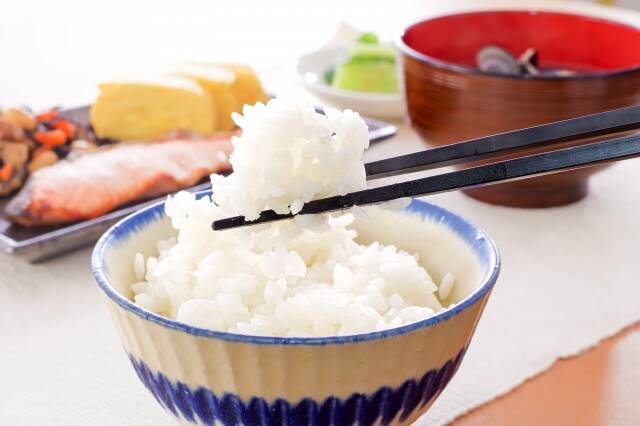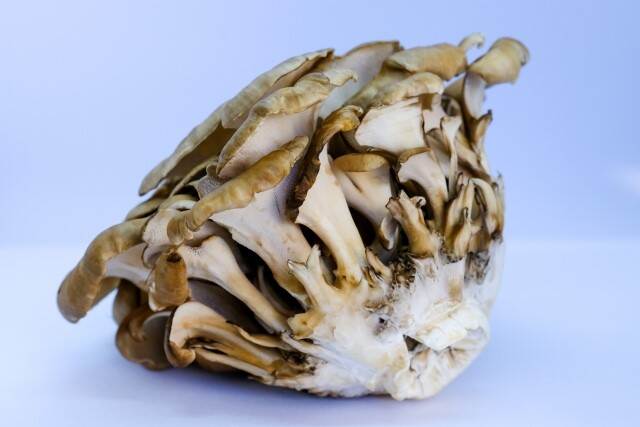Japan News Update #35 (29 Aug – 5 Sept, 2022)
Stay updated on the latest agricultural news in Japan, that we publish every two weeks.
by Yuki Sano
Japanese Gov.’s movements toward its own and African food security
With tensions over the Taiwan Strait mounting, there is a growing need to address another security threat: the shrivelling area of rice paddies. Japanese consumers have been consuming less rice and fish in favour of more bread and meat for decades, increasing their reliance on foreign food. The government plans a new budget for food security, a challenging assignment given that the elderly and insolvent country also needs funding for a planned drastic military overhaul. The Cabinet Office recently released a new economic strategy, which will serve as the foundation for the next budget, and calls for greater local production of animal feed, wheat, rice, and other foodstuffs.
Source: Japan's Drying Rice Paddies Are Now a National Security Threat

Following Russia's invasion of Ukraine, the eighth Tokyo International Conference on African Development (TICAD) was held amid growing worries about stable food supply supplies and surging food and energy costs. PM Kishida stated that Japan would invest $30 billion in African development over the next three years, including $300 million co-financing with the African Development Bank, to enhance food production.
Source: Japan, Africa leaders wrap up TICAD talks, vowing to tackle food crisis; Japan eyes increased support and investment in Africa amid food crisis
Food trends in Japan
Domestic frozen food sales increased by 5.2% year on year in 2021 to 391.9 billion yen ($2.83 billion), setting a new high for the second consecutive year. The home appliance industry is also benefiting from the frozen food boom, as many individuals buy an additional freezer to stock up on the products. Shipments of home freezers increased from 230,000 in 2019 to 403,000 units last year.
Source: Japan warms to frozen foods as pandemic keeps many at home
Innovative fermented food manufacturers create creative fermentation goods in order to attract new clients. Funabashiya, a 200-year-old confectioner, is attracting the younger generation with new products like smoothies and bread made with its lactobacillus powder. Using freeze-dry and dehydration technology, Hayakawa Shoyu Miso Co. produces powdered miso as a new manner of miso paste enabling people to experience the classic Japanese flavour in a simple manner. Miso powder also adds a Japanese flavour to Western dishes.
Source: [IN DEPTH] Fermenting Food Innovation
Food and sustainable tech companies in Japan
The Japanese government has established a bioeconomy strategy to transform itself into the world’s most advanced bioeconomy society by 2030. The focus is on promoting sectors such as biomaterials and bioplastics. Integriculture is a Japanese sustainable tech companies that launched a cell culture system that doesn’t require calf blood serum.
Source: Five industrial biotech companies making Japan more sustainable
Yo-Kai Express, a US-based autonomous restaurant startup, intends to increase its Japan vending machine presence from 3 to 10 soon. In addition to Ippudo, a Japanese ramen restaurant brand with operations worldwide, Japan Tobacco (JT) would join the fundraising round. According to the company, the Tokyo station machine sold a hundred bowls of ramen daily during the first week. Yokai-Express plans to install 250 automatic cooking and vending machines throughout Japan by the end of 2022. Installation locations include parking areas, hospitals and universities as in the United States. For Yokai-Express, the expansion into Japan is the first overseas expansion
Source: Autonomous Restaurant Startup Yo-Kai Express Expands in Japan, Announces New Investors
Yo-Kai Express plans to install 250 vending machines in Japan in 2022 DIAMOND SIGNAL
Innovations in the flower industry
NARO hosted an online public open event highlighting NARO's scientific accomplishments, such as developing the world's first blue chrysanthemum, in July 2017. The theme was "science connects agriculture and people's lives." Researchers delivered their findings through relay transmissions from around 20 study locations.
Source: NARO publishes world’s first blue chrysanthemum, NARO's page about the birth of blue chrysanthemum
Hokkaido University and the Hokkaido Research Organization have established a new collaboration with the Hokkaido Iwamizawa Agricultural High School. The collaborative group will investigate the freshness retention of cut flowers using a platinum catalyst created by Hokkaido University in 2013. Its goal is to decrease agricultural product waste during delivery.
Source: Maintain the freshness of cut flowers with catalyst
Japan's largest mushroom producer into overseas markets
Yukiguni Maitake, Japan's largest producer of maitake mushrooms, plans to build its production and sales presence in Southeast Asia, including a maitake farm. The company is also interested in M&A transactions in North America and Europe. Global mushroom output is predicted to increase by 4% annually on average. The corporation will invest 900 million yen in button mushroom manufacturing through subsidiary Mitsukura Norin to increase production by 30% to 3,000 tonnes by fiscal 2023.
Source: Japanese mushroom grower sees fertile ground in Southeast Asia
